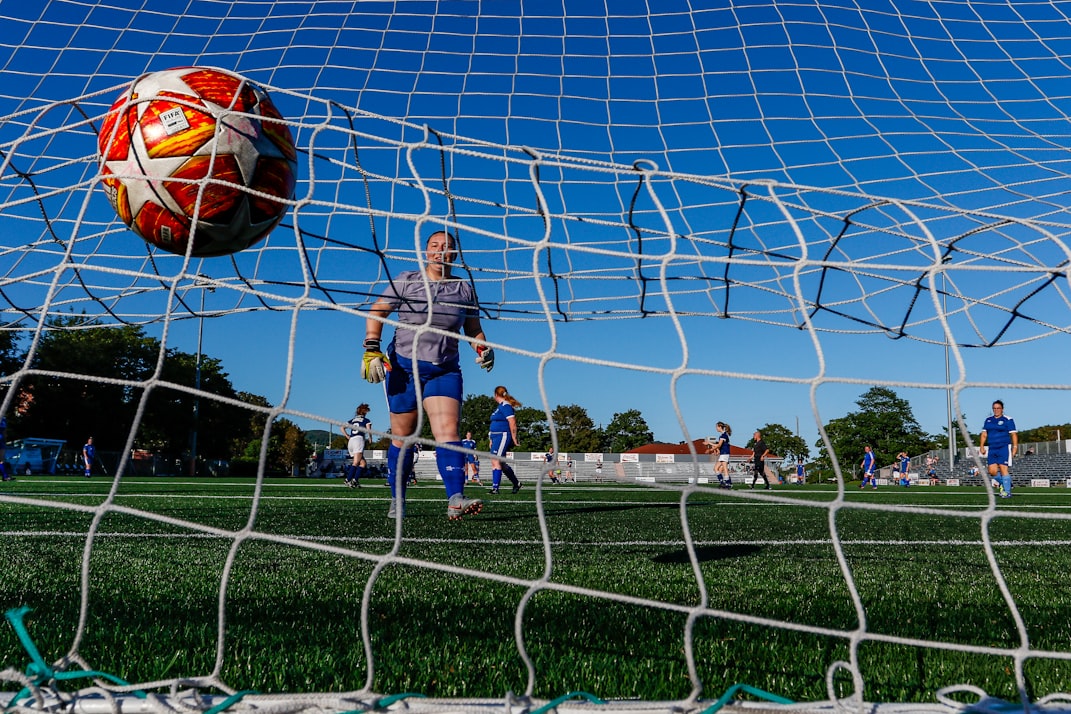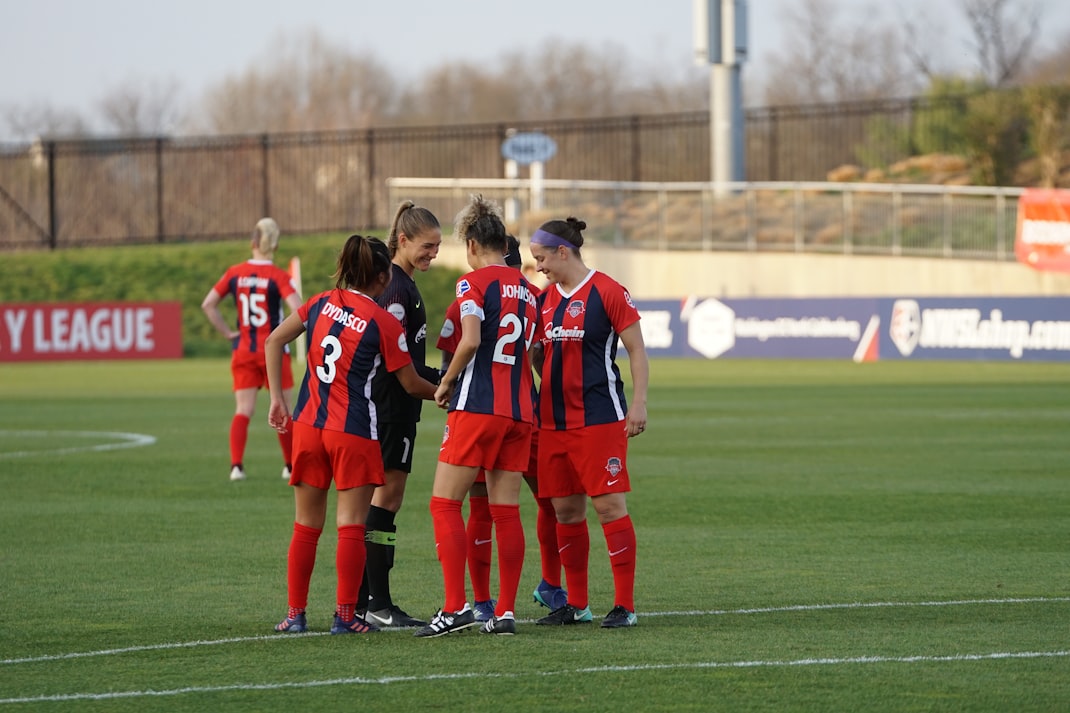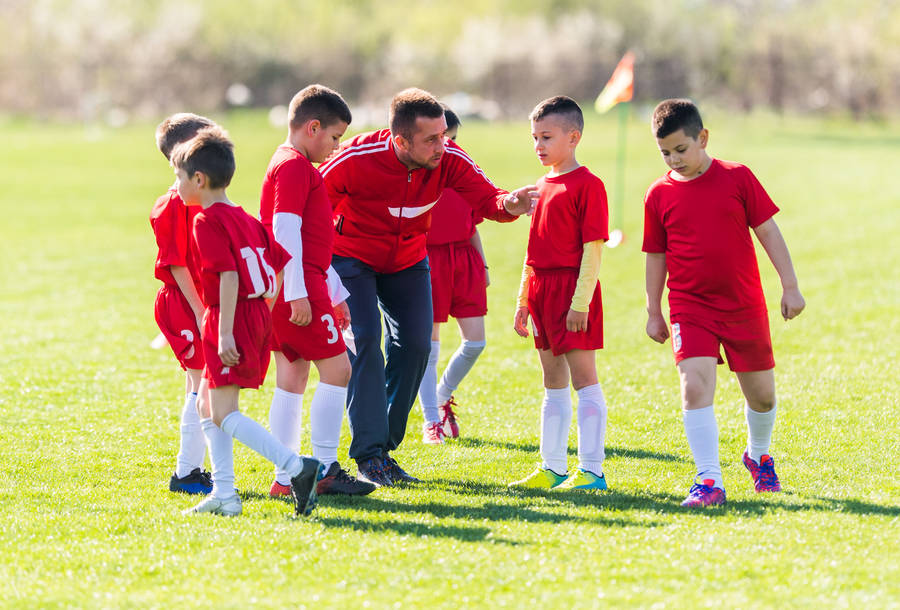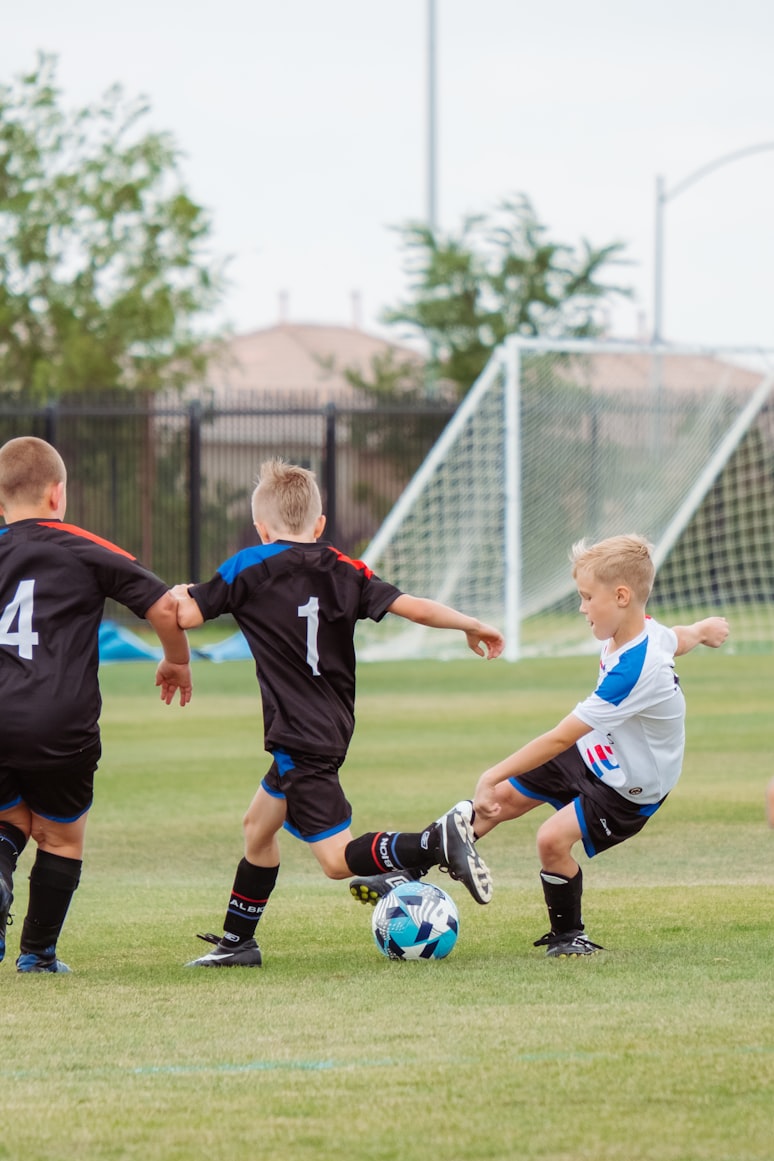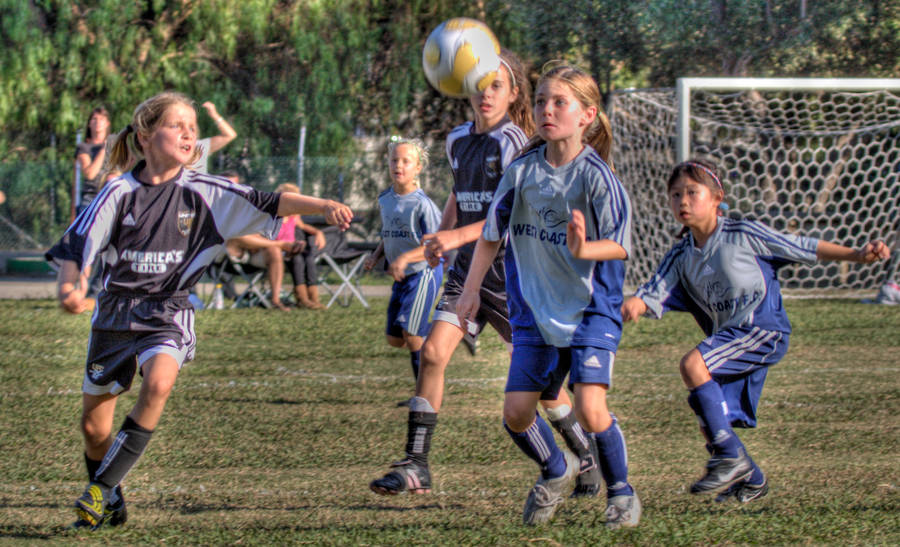The crucial role of motivation and engagement in sports cannot be overstated, especially in a team-oriented game like football. For coaches and managers, sustaining the motivation of adult football players demands a strategic approach that encompasses not only physical training but also psychological and emotional support. This article illuminates various tactics and strategies to keep the adult football players on your team continuously motivated and engaged.
Address Emotional and Psychological Needs
Athletes, notwithstanding their physical prowess, are not impervious to emotional and psychological challenges. Create a safe space where players can express their feelings and concerns without judgment. Provide access to sports psychologists and conduct regular mental health workshops. Ensure your players have enough time to rest, whether by playing at the best online casinos NZ or by spending time with their families and friends outside the team.
Recognise and Reward Efforts and Achievements
Even adults crave recognition and praise for their accomplishments. Recognizing and rewarding players for their hard work, accomplishments, and even small progress can significantly uplift their morale and motivation. Utilise a reward system that acknowledges both on-field and off-field achievements, ensuring that players feel valued and appreciated.
Promote a Positive and Inclusive Team Culture
This can be the linchpin that holds the team together during tough times. Promoting an environment that emphasises mutual respect, empathy, and cooperation ensures that every team member feels integral to the collective success. Encourage players to support each other, share their experiences, and work together towards shared objectives.
For professional footballers, the journey of skill enhancement never ceases. Design training sessions that are not only physically challenging but also mentally stimulating. Include drills that require strategic thinking and improve technical skills, ensuring that players remain engaged and perceive continuous development in their abilities.
Goal setting is fundamental in guiding a team towards success and keeping players motivated. Develop both short-term and long-term goals that are specific, measurable, achievable, relevant, and time-bound (SMART). Engage players in the goal-setting process to ensure they are invested in these objectives and feel a personal connection towards achieving them.
Ensuring that players are in their peak physical condition is paramount to maintaining their performance and morale. Implement a well-rounded fitness program that focuses on strength, endurance, flexibility, and recovery. Also, prioritise their nutritional needs and ensure they have access to professional advice and support in maintaining physical wellness.
To Sum Up
Navigating the landscape of motivation and engagement in adult football players requires a multifaceted approach, integrating physical, psychological, and emotional strategies. Coaches and managers, by employing the tactics elaborated above, can foster an environment that keeps players enthused, invested, and perpetually striving for both personal and collective advancement in the competitive world of football.

